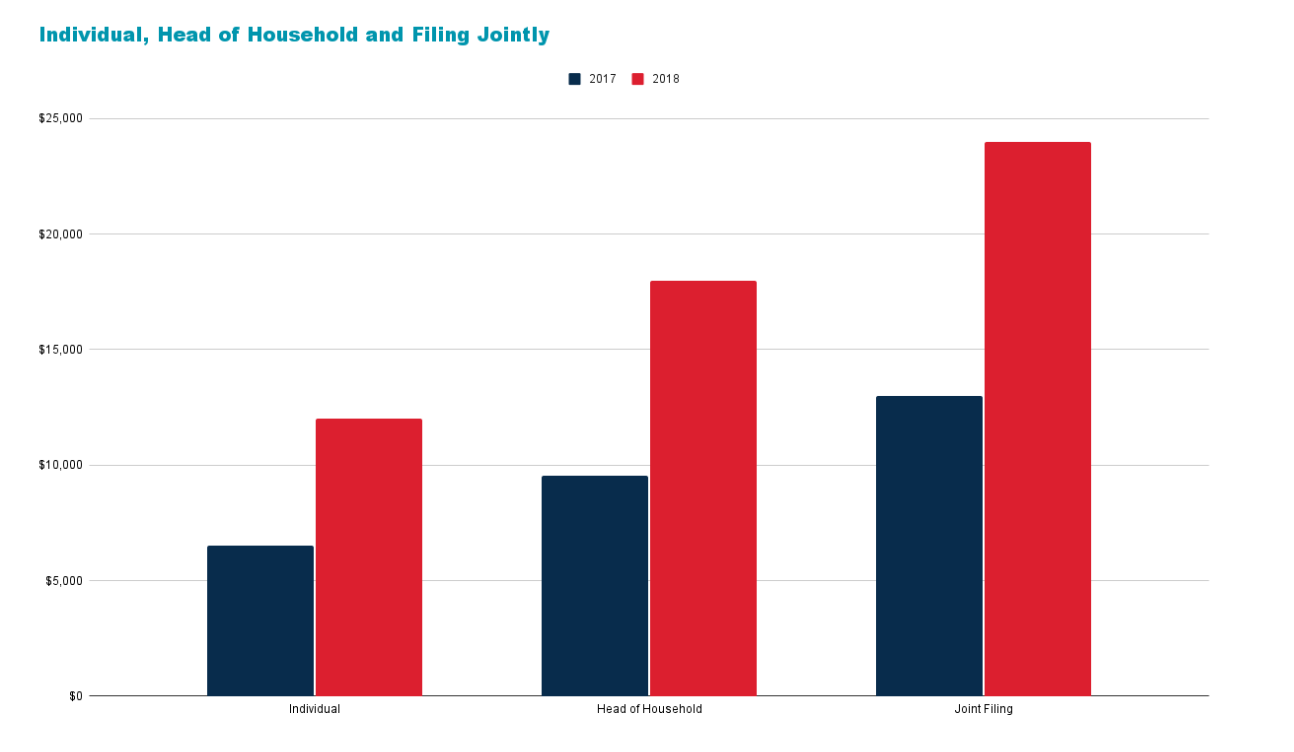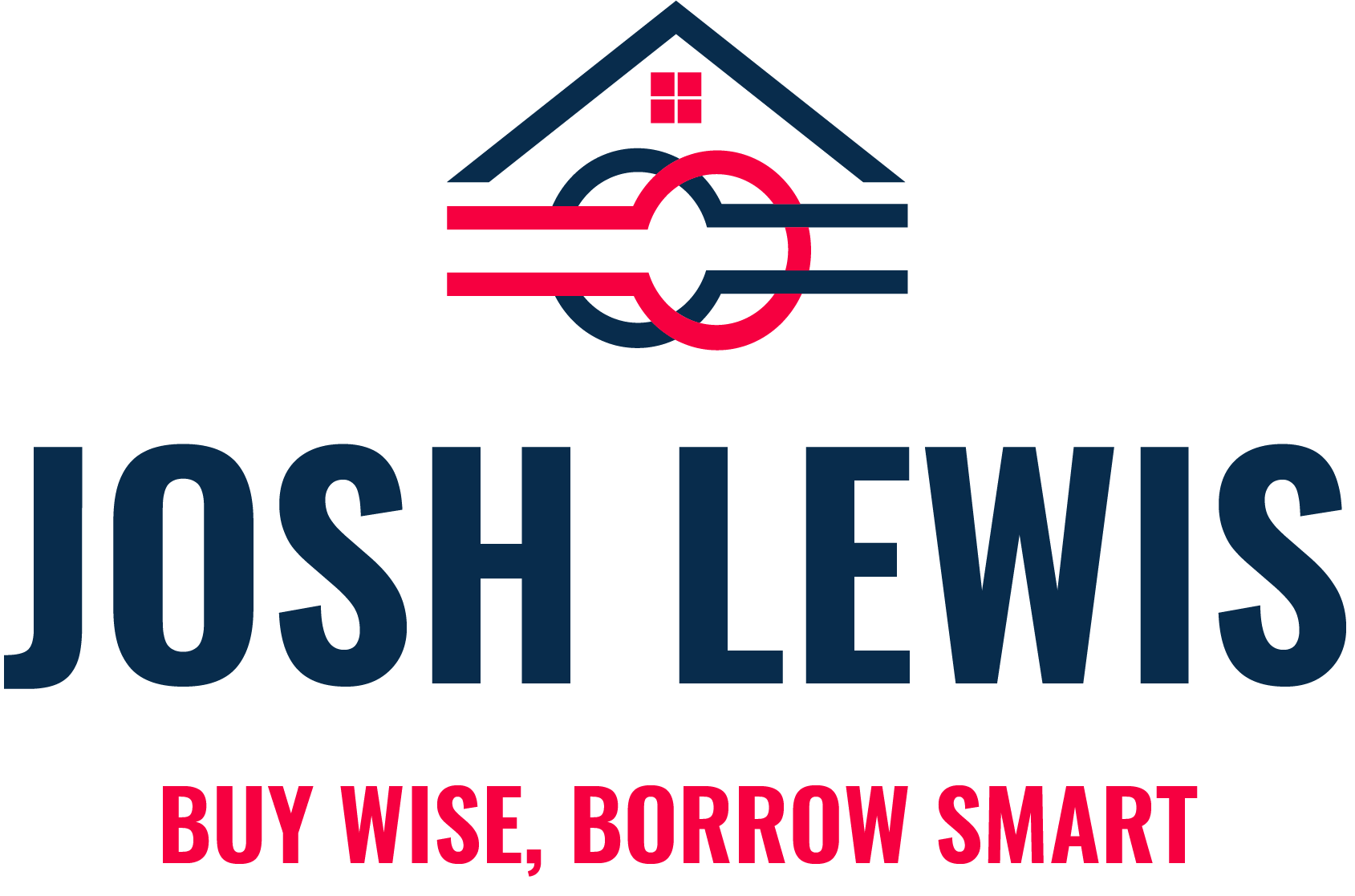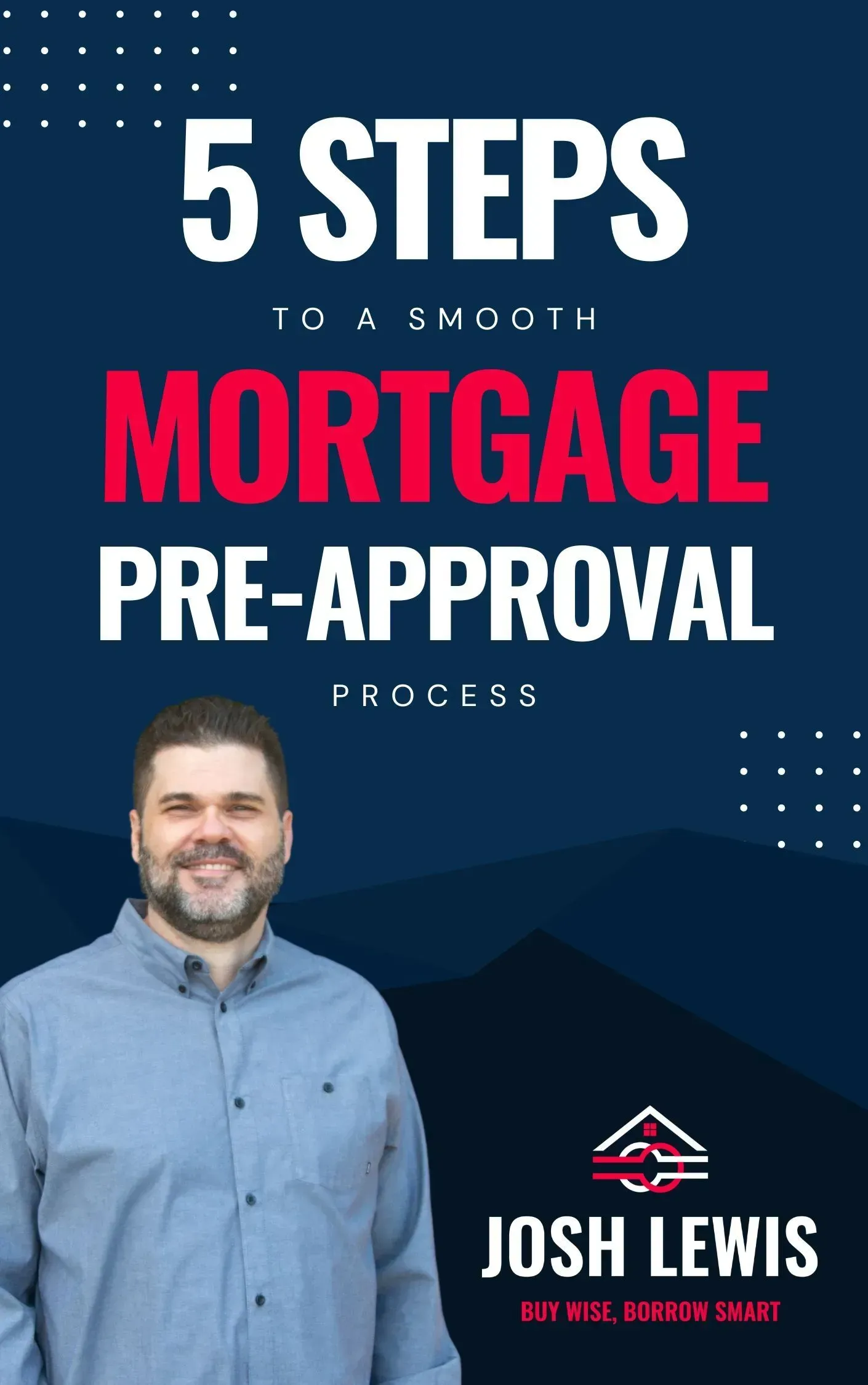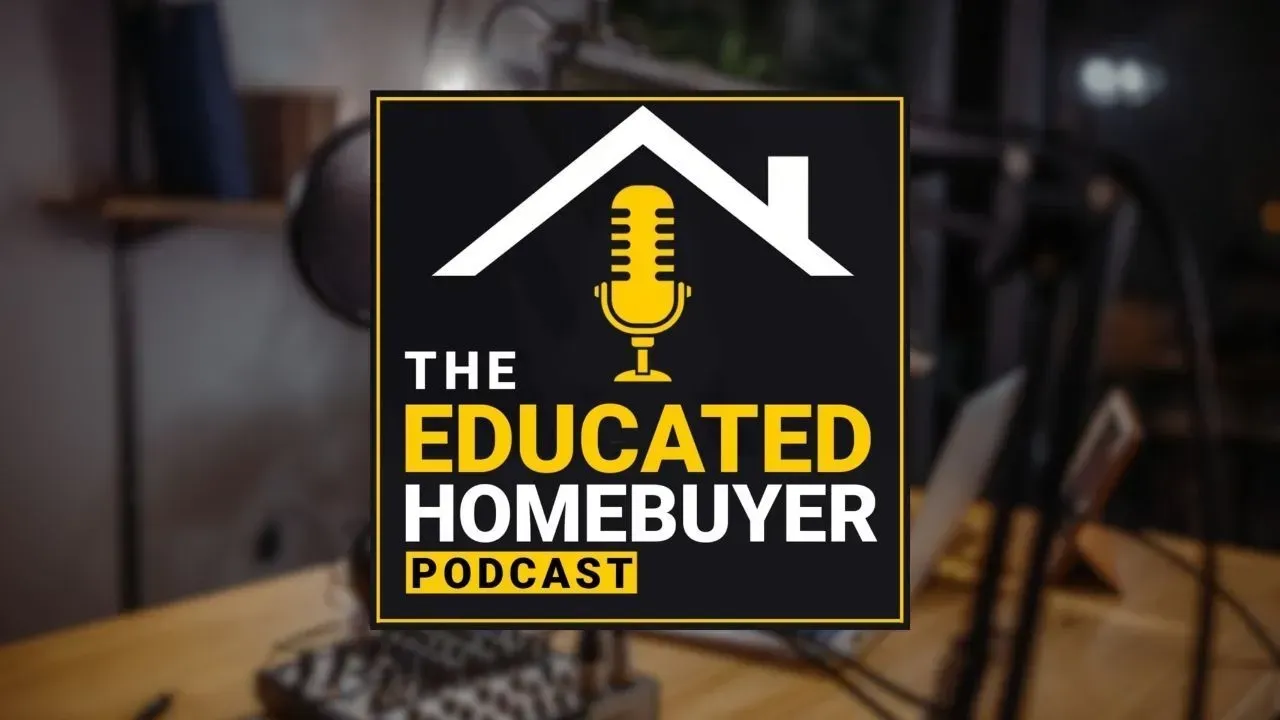As a veteran looking to use your VA loan benefit, understanding how lenders calculate your income is crucial. Whether you're active duty, self-employed, or have variable pay, the rules can seem complex. But don't worry – we're here to break it down for you in simple terms. If you have questions as we go along, feel free to reach out to me, Josh Lewis, Certified Mortgage Consultant. I'm here to help you navigate the VA loan process.
Let's start with the big picture. When looking at any type of income, VA underwriters are focused on three main things:
1. Is the income verifiable?
2. Is it stable?
3. Is it likely to continue?
These factors apply whether you're active duty military, self-employed, or have variable pay like commissions or bonuses. Now, let's dive into the specifics for each type of income.
Active Duty Military Income
If you're active duty, your Leave and Earnings Statement (LES) is going to be your best friend in the loan process. Here's what lenders look at on your LES:
- End of Service (ETS) Date: This is super important. If your ETS date is within 12 months of when you'll close on your home, we can't use your income unless you're planning to reenlist and are eligible to do so. Officers have it a bit easier here, as their ETS date often shows as "indefinite."
- Base Pay: This is straightforward – it's based on your rank and years of service.
- Basic Allowance for Housing (BAH) and Basic Allowance for Subsistence (BAS): These are standard based on your duty station and whether you have dependents.
- Special Pay: Things like foreign language pay, flight pay, or hazardous duty pay. To use these, we need to verify they'll continue for at least 36 months.
Here's a pro tip: We can actually "gross up" your BAH and BAS by about 25% because they're non-taxable. This means a $1,000 BAH actually counts as $1,250 for qualifying purposes. Pretty sweet, right? If you're curious about how this might affect your qualification, don't hesitate to reach out to me for a personalized analysis.
One thing to watch out for: If you're moving to a new duty station, make sure your lender is using the correct BAH for your new location. This can make a big difference in how much you qualify for, especially if you're moving from a high-cost area to a lower-cost one (or vice versa).
Self-Employed Income
Now, if you're self-employed, things get a bit more complex. The basic rule is we need to see two years of tax returns. But don't panic if you don't have that – there are exceptions, which we'll get to in a bit.
Here's what we're looking at for self-employed folks:
- Tax Returns: We need to see your personal returns and, if you have a separate business entity, your business returns too.
- Profit and Loss Statements: These help us see how your business is doing currently compared to previous years.
- Business Stability: We're looking at whether your income is steady or growing. If it's declining, we'll need a good explanation why.
Now, here's where the VA loan really shines. While most loan programs require a full two years of self-employment history, the VA can be more flexible. In some cases, we can use just one year of returns with an otherwise strong file.
Here's a real-world example: I recently worked with a veteran who had been a construction manager for 29 years. She left her W-2 job 14 months ago to become a 1099 contractor for a developer. She was making $177,000 a year, had money in the bank, and we could show consistent deposits. Even though she didn't have two years of self-employment, we were able to make it work because of her long history in the same field and her stable current income.
If you're self-employed and wondering how your unique situation might be viewed by lenders, I'd be happy to review your details and provide some guidance. Just give me a call or send me an email.
One important note: If you're self-employed and pay yourself a salary, don't assume we can just use that salary amount. We have to look at your overall business income too. If your business is showing a loss, that salary might not count as qualifying income.
Variable Pay
Variable pay includes things like commissions, bonuses, overtime, and part-time or seasonal work. The general rule here is we need to see a two-year history of receiving this income. But as with everything in VA loans, there's some flexibility.
Here's how we handle different types of variable pay:
- Commissions: We typically average your commission income over two years. If it's increasing, that's great. If it's decreasing, we might have to use the lower figure or explain why it's likely to stabilize or increase.
- Bonuses: These need to be regular and likely to continue. A one-time signing bonus won't cut it, but if you get an annual performance bonus, we might be able to use that.
- Overtime: We'll look at your history of overtime and whether it's likely to continue. If you've been consistently getting 10 hours of overtime every week for two years, that's pretty solid.
- Part-time or Seasonal Work: Again, we need to see a history here. If you've been working a summer job for the past couple of years, we might be able to use that income.
The key with all variable pay is documentation. The more you can provide, the better. Pay stubs, W-2s, and written verification from your employer all help make your case. If you're unsure about what documentation you need for your specific situation, feel free to reach out. I can provide a checklist tailored to your income types.
Rental Income
If you're keeping your current home as a rental when you buy a new one, or if you already own rental properties, here's what you need to know:
- Departing Residence: If you're keeping your current home as a rental, we can use the potential rent to offset the mortgage payment. But we can't use any excess rent as additional income.
- Existing Rental Properties: If you already own rentals, we typically need to see two years of tax returns showing this income. We'll use your Schedule E to calculate your net rental income.
- Multi-Unit Properties: If you're buying a multi-unit property (like a duplex or fourplex) and plan to live in one unit and rent out the others, you might need to show you have experience as a landlord or that you'll be using a property management company.
Rental income can be a great way to boost your qualifying income, but it can also be tricky to document correctly. If you're considering using rental income to qualify, let's chat about your specific situation and how we can make it work.
Other Types of Income
There are a few other types of income worth mentioning:
- Alimony and Child Support: We can use this if you can show it'll continue for at least three years.
- VA Disability: This is great income for qualifying and doesn't require much documentation.
- Social Security: We'll need your award letter and proof you're receiving the payments.
Remember, lenders can't ask about alimony or child support due to fair lending laws. If you receive this income and want to use it, you'll need to volunteer that information.
Common Challenges and How to Handle Them
Now that we've covered the main types of income, let's talk about some common challenges and how to handle them:
- Recent Job Changes: Contrary to popular belief, changing jobs doesn't automatically disqualify you. If you've stayed in the same field and your income has remained steady or increased, it's usually not a problem. The key is that the change makes sense – like moving to a better-paying position in your field.
- Employment Gaps: These aren't necessarily deal-breakers. If you took time off for school, to care for family, or because of a military deployment, we can usually work with that. The key is to explain the gap and show that you're now back to stable employment.
- Declining Income: This can be tricky. If your income has decreased, we'll need a good explanation of why and evidence that it's stabilized or starting to increase again.
- Multiple Jobs: If you work more than one job, we generally need to see a two-year history of working multiple jobs to use all the income. This shows you can handle the workload long-term.
If you're facing any of these challenges, don't assume you can't qualify. Reach out and we can discuss strategies to overcome these hurdles. Often, there are solutions that you might not be aware of.
Tips for Success
Here are some tips to make the income qualification process smoother:
- Be upfront with your lender: If you have any unusual income situations, tell your lender right away. The sooner we know, the sooner we can figure out how to make it work.
- Keep good records: Save your pay stubs, tax returns, and any other income documentation. The more information you can provide, the easier it is to qualify your income.
- Don't make major changes during the loan process: Try not to change jobs, take on new debts, or make large deposits without talking to your lender first.
- Use an experienced VA lender: The VA loan program has some unique features that not all lenders understand. Working with someone who knows the ins and outs of VA loans can make a big difference.
- Don't assume you won't qualify: The VA loan program is incredibly flexible. Even if you've been told "no" before, it's worth talking to a VA loan specialist. They might be able to find a way to make it work.
If you're ready to start the VA loan process or just have questions about how your income might be viewed, I'm here to help. As a Certified Mortgage Consultant specializing in VA loans, I can provide the guidance you need to navigate this process successfully.
The Importance of Working with the Right Lender
I can't stress this enough: who you work with matters. The VA loan is the most flexible and forgiving loan product out there. It's the only one where the underwriter is instructed to find a way to make the loan work if possible.
But to take full advantage of this flexibility, you need a lender who really understands VA loans. I hear stories all the time of veterans being told they should use a conventional loan instead of their VA benefit. In 99% of these cases, the person giving that advice simply doesn't understand VA loans.
A good VA lender will know how to:
- Maximize your income: They'll know which types of income to include and how to document them properly.
- Navigate challenges: Whether it's a recent job change, a gap in employment, or variable income, an experienced VA lender will know how to handle it.
- Take advantage of VA flexibilities: The VA allows for some exceptions that other loan programs don't. A knowledgeable lender will know when and how to use these exceptions.
- Guide you through the process: They'll be able to tell you exactly what documentation you need and help you understand each step of the process.
As a Certified Mortgage Consultant with nearly 30 years of experience helping veterans like you, I'm committed to providing this level of expertise and guidance to my clients. If you're ready to explore your VA loan options, let's set up a time to talk.
Final Thoughts
Understanding how lenders calculate your income for a VA loan can seem complicated, but it doesn't have to be. The key things to remember are:
- Income needs to be verifiable, stable, and likely to continue.
- There's often more flexibility than you might think, especially with VA loans.
- Good documentation is crucial.
- Working with an experienced VA lender can make a big difference.
Whether you're active duty military, self-employed, or have variable income, there's likely a way to make your VA loan work. Don't be discouraged if your income situation is a bit unusual – that's where the flexibility of the VA loan really shines.
Remember, the VA loan benefit is a fantastic tool to help veterans achieve homeownership. It offers great terms, flexible qualification guidelines, and doesn't require a down payment in most cases. By understanding how income qualification works, you're taking a big step toward using this benefit effectively.
So gather your income documents, schedule a call on my calendar, and take the first step toward your new home. With the right preparation and guidance, we’ll get you on your way to making your homeownership dreams a reality.
If you're ready to start your VA loan journey or just have questions about the process, I'm here to help. As a Certified Mortgage Consultant specializing in VA loans, I can provide personalized guidance based on your unique situation. Don't hesitate to reach out – let's work together to make your homeownership goals a reality.









